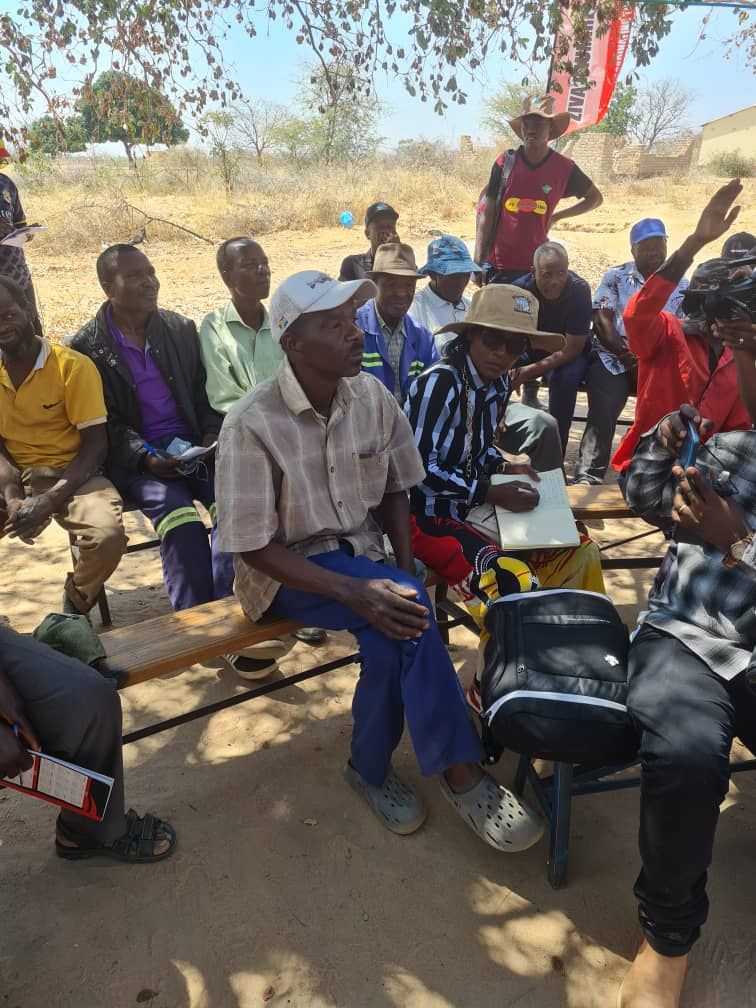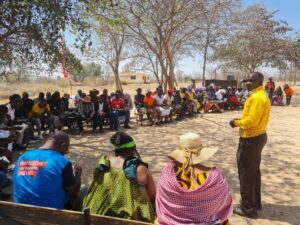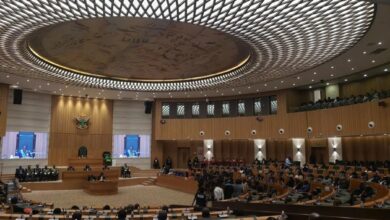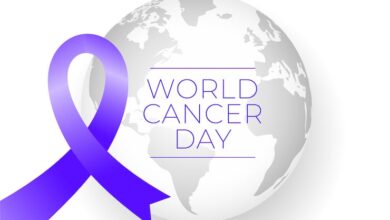NAC intensifies Male Engagement in HIV Prevention

Jonathan Sibanda
The National Aids Council (NAC) is intensifying efforts to engage men in HIV prevention and treatment, citing low health-seeking behavior among males as a major factor behind new infections.
The development was highlighted during a NAC media tour in the Midlands province last week.
In Shurugwi, NAC District AIDS Coordinator Patience Muza said the rise in artisanal mining activities has fueled new infections. She noted that the mining boom has attracted sex workers from within and outside the district, creating a high-risk environment.“The presence of numerous sex workers contributes to a high prevalence of infections,” Muza said. She added that the economic activity has also led to social challenges such as early pregnancies and marriages, forcing girls out of school, while many boys drop out to join mining.
To respond, NAC has rolled out a peer-led model across eight mining communities. The program targets artisanal miners and female sex workers and is directly coordinated by NAC. Additionally, Jointed Hands Welfare Organization, a social partner of NAC, oversees 23 hotspots focusing on the same high-risk risk groups.
Explaining the approach, Muza said: “The concept is we identify a peer mentor, who is either an artisanal miner or a sex worker. This person can then conduct risk assessments among their peers, create a caseload of 20, and further disseminate HIV andAIDS-related information. They also ensure service provision through referral pathways to nearby facilities.”
She said the strategy seeks to address gaps left by previous interventions that mostly targeted women. “We need to bridge a gap because of late, most HIV-related programs have been targeting women, leaving the boy child behind,” Muza said. “The male engagement program was implemented to address the perception that men have a low health-seeking behavior.”
NAC has identified young men aged 19–24, especially those working in mines, as a key demographic for the program. Peer educators are being trained to deliver information on prevention, treatment, and substance abuse.“The truth of the matter is they are already indulging because they are exposed,” Muza said. “They are also exposed to issues surrounding HIV, STIs, as well as drug and substance abuse. We try all means to ensure that our peer educators prioritize both adolescent boys and young men so that they benefit in terms of information on prevention, treatment, and issues surrounding drug and substance abuse.”
The challenge is not confined to Shurugwi. In Gokwe South, men working across borders or outside the country commonly known as injiva have been identified as key drivers of new infections. Their prolonged absence often leads to spousal separation and multiple sexual partners. The situation is worsened by their reluctance to get tested upon return.
NAC Gokwe South District AIDS Coordinator Isaki Livson Chiwara said the council targets December for specific campaigns to address reluctance in HIV testing. “We have been talking to the affected facilities, and toward December, when these men return to the district, we usually conduct awareness meetings encouraging people to come for testing,” Chiwara said. “We also encourage the women to persuade their partners to come for testing.”







